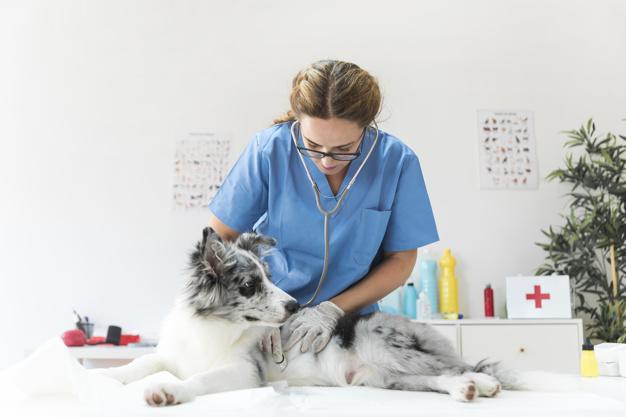Are you thinking about opening a veterinary clinic? Becoming a business owner can be exciting and full of opportunities, but also risky if you’re not well prepared. In order to run a successful veterinary practice, you’ll need more than your veterinary training and skills. As a business owner, you will need to take steps to make sure that your company remains open, operational, and profitable.
So, before you open your practice to your four-legged patients, here are 6 tips that will help you ensure your business is set up for success.
Write a Business Plan
Your business plan will serve as a roadmap to success and a framework for your practice, but it will also help you secure investors and lenders if need be.
A good business plan should describe your vision and goals, and include information about your business structure, employees, funding needs, financial projections, marketing plans, etc. The more detailed your business plan is, the easier it will be to put it into action and build a veterinary practice that meets the goals.
Think About the Legal Aspects
Before you set up shop, take some time to think about your business structure. Creating a legal business entity will help you avoid any personal liability in case your veterinary practice gets sued for any reason.
Other legal aspects and technicalities that need to be taken into consideration include registering for taxes, obtaining necessary permits and licenses, securing funding, keeping accurate documentation of expenditures and income, and opening a business bank account.
Purchase Insurance
Purchasing insurance is a great way to protect your veterinary practice from the risks you face. If you don’t know what type of insurance to choose, many small businesses opt for a BOP (Business Owner’s Policy) which combines two different types of business insurance into a single package that’s typically cheaper than buying the coverage separately:
- General liability insurance protects you from claims of property damage or bodily injury caused by your practice.
- Commercial property insurance protects your practice’s facilities and equipment, such as surgical tools, medical carts, and exam tables.
If you have a veterinary vehicle, there’s an option to get a commercial auto policy for small business owners. This type of insurance helps cover damages and injuries resulting from work-related car accidents. Commercial auto insurance can help pay for property damage, medical expenses, collision repairs, underinsured motorists, rental reimbursement, and towing.
Choose Your Location
As a veterinary practice, you will need adequate physical space where you will tend to your patients. Location is one of the more significant investments, so be sure to give the following some thought:
- Are there already too many animal hospitals in the area you’re considering? If yes, you should either consider choosing a different location or be prepared to face tough competition.
- Ensure that your practice is at a location that’s easily accessible by your customer base. Important considerations include proximity to major roads and available parking space.
- Will you be renting or buying? How much work will it take to turn the space into a modern practice?
Hire the Right Employees
In order to provide the best care and treatment for your patients, you’ll need to hire experienced, qualified, and dedicated people. Although it’s entirely up to you to decide what professionals you will need, most veterinary practices have veterinary technicians, assistants, and an office manager or receptionist. It’s also a good idea to hire another vet to help during busy periods and cover when you are not available.
Optionally, you might also want to look into the possibility to hire groomers and kennel assistants, or you may decide to cooperate with groomers and kennels in your area.
Order Your Supplies and Equipment
Finally, you’ll need to equip your practice with standard laboratory instruments, medications, medical equipment, and other supplies. Your purchases should also include examining tables, surgical tools, sterilization equipment, cages, pet food, chewing toys, shampoo, and so on.
Depending on the scope and size of your veterinary practice, you might decide to purchase speciality equipment, such as orthopaedic and cardiac devices, as well as a veterinary vehicle.
Final Thoughts
There are lots of pieces to juggle when it comes to starting your own veterinary practice, so be sure to take plenty of time to do your research and prepare well. You’ll need to consider your staffing needs, location, and everything in between before you start curing your cute patients, but if you have a solid plan and follow the 6 tips outlined here, you’ll be set up for success.
Also Check:
Learn How to Turn Your Photos Into Digital Photo Displays
Thailand: Thai Businesses Learning to Develop Themselves Online
College Life: 6 Tips to Help Learners Balance Their Lives Effectively
⚠ Article Disclaimer
The above article is sponsored content any opinions expressed in this article are those of the author and not necessarily reflect the views of CTN News







